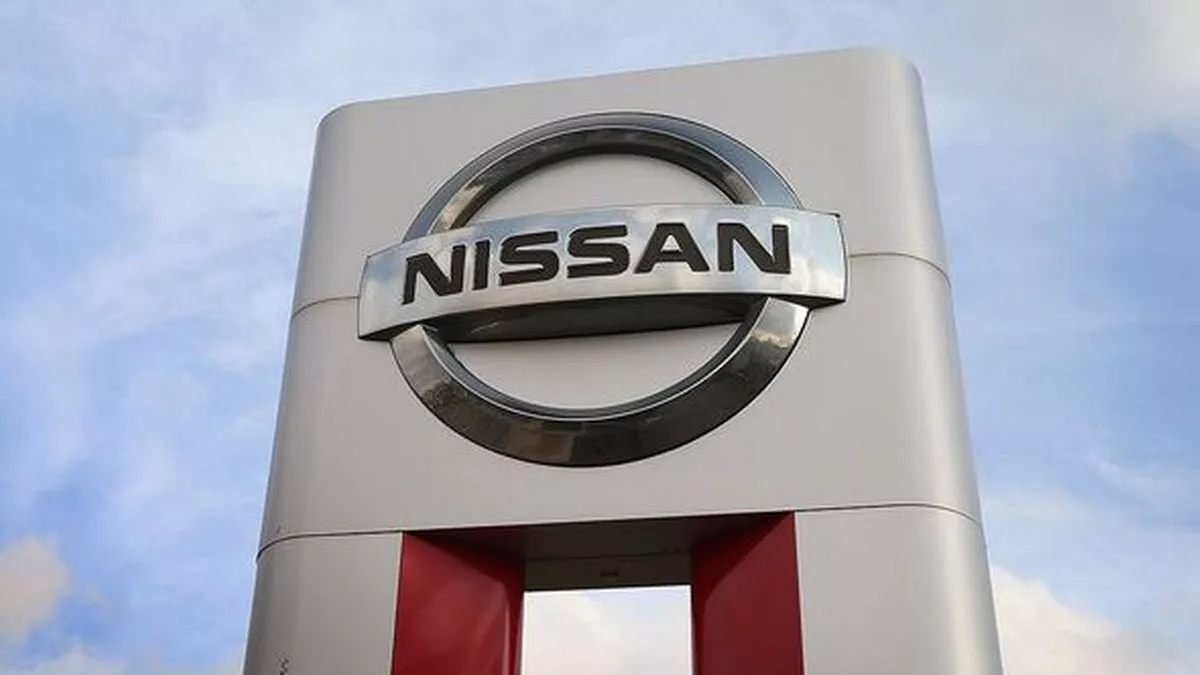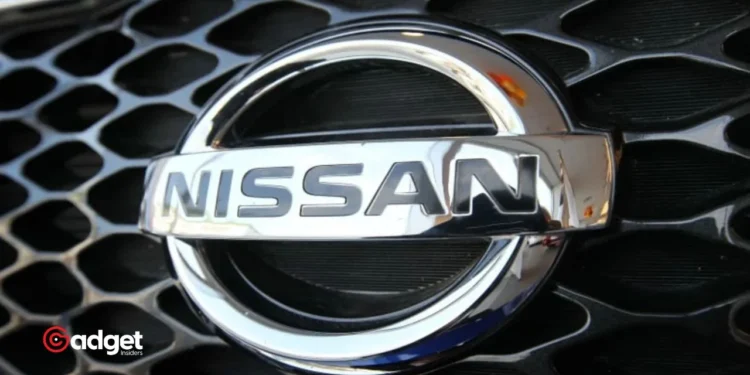In a drastic move reflecting growing concerns about vehicular safety, Nissan has issued a stern “Do Not Drive” warning for nearly 84,000 of its older vehicles. The Japanese automaker’s urgent directive targets specific models fitted with high-risk Takata airbag inflators. These inflators, tarnished by a notorious defect, pose a severe risk of exploding upon impact in a crash, jeopardizing passenger safety with potentially lethal outcomes.

The Life-Threatening Risk Lurking in the Dashboard
Nissan’s latest safety warning encompasses several models including the Nissan Sentra (2002-2006), Pathfinder (2002-2004), and Infiniti QX4 (2002-2003). The heart of the issue lies in the airbag inflators supplied by Takata, which have been linked to at least 27 fatalities and approximately 400 injuries in the United States alone.
These inflators, when exposed to heat and humidity, are prone to explosive deployment, firing metal shrapnel indiscriminately into the vehicle’s cabin upon activation. The gravity of this defect came to light following a tragic incident involving a 2006 Nissan Sentra, where a faulty inflator led to a fatality, prompting Nissan to notify the National Highway Traffic Safety Administration (NHTSA) as early as 2018.

How Nissan is Addressing the Issue
In response to this critical safety issue, The company has taken several steps to mitigate the risks and assist affected vehicle owners. The company has proactively reached out to owners of vehicles with the unrepaired Takata inflators several times.
Additionally, Nissan encourages all vehicle owners to verify whether their vehicle is impacted via a dedicated section on their website. For those with the defective parts, Nissan offers a free inflator replacement service through authorized dealers.

A Historical Perspective on the Takata Airbag Crisis
This issue is part of a broader, enduring problem with Takata airbag inflators, which has led to the largest series of automotive recalls in U.S. history. Since 2019, the NHTSA has recalled 67 million Takata inflators in the U.S., with an additional 33 million recalled globally.
The severity of the situation was further underscored in 2015 when Takata faced a $200 million fine from the Transportation Department—the largest civil penalty ever imposed by the NHTSA. This extensive recall not only involves Nissan but has also enveloped other major automakers like Ford, Dodge, BMW, and Chrysler.

Broader Implications and Ongoing Safety Measures
The airbag issue extends beyond Nissan and Takata. For instance, last year, Kia reported nearly 4 million vehicles potentially equipped with defective airbag inflators from Tennessee-based manufacturer ARC Automotive. After incidents resulting in fatalities, the NHTSA requested a recall, which ARC Automotive contested, claiming their tests showed no defects.
This ongoing saga of defective airbag inflators not only highlights the challenges of automotive safety but also stresses the importance of regulatory vigilance and corporate accountability in protecting consumers.
As investigations continue and automakers strive to rectify these critical issues, the safety of millions of drivers and passengers hangs in the balance, underscored by the imperative for immediate action to prevent further tragedies.










